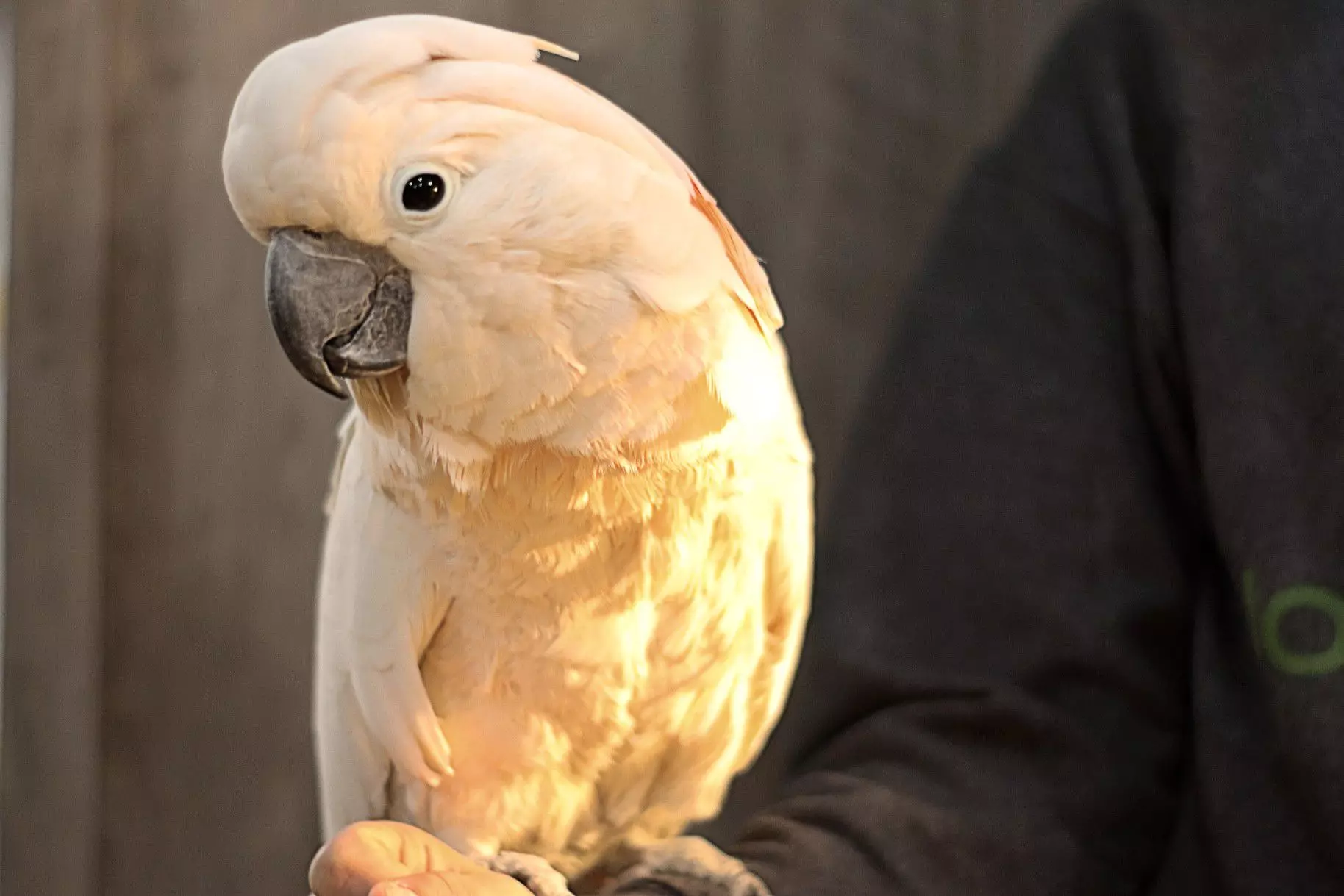Understanding the financial commitment associated with pet ownership is crucial, especially when considering a bird. Birds, while often seen as low-maintenance companions compared to dogs or cats, can carry significant costs that potential owners should be aware of before bringing one home. This article delves into the various expenses involved in bird care, from the initial purchase to long-term commitments, with a specific focus on budget planning and species-specific considerations.
The first question a prospective bird owner may ask is, “How much does a bird cost?” The answer is nuanced and depends on several factors, including the bird species, the source from which you’re buying, and what kind of setup you are prepared to provide. While smaller birds such as budgies can be purchased for as little as $15 to $40, larger species like macaws or cockatoos range from $900 to upwards of $5,000.
However, the initial bird purchase is just the beginning. New bird owners must also consider the costs associated with housing the bird, which includes the cage and any necessary supplies for a comfortable living environment. For instance, a decent cage for a parrot can cost anywhere from $200 to $600, depending on the size and required durability. It is also wise to invest in quality materials that can withstand the wear and tear typically exhibited by active birds.
Once the initial setup is complete, bird owners face regular ongoing costs, which can vary widely based on the bird’s dietary needs. While budgies may only require around $35 annually for food, a more demanding species like an African Grey might need a more varied and nutritionally complete diet that could add to these expenses.
In addition to food, toys and enrichment activities are essential for a bird’s mental well-being. Small birds generally need play items, perches, and other stimulating accessories, which can add an additional $50 annually. Larger species require even more investment in toys and activities specifically designed to endure their beaks and playful nature.
Veterinary care is another crucial aspect of bird ownership that often goes overlooked. Routine check-ups can range from $25 to $150 annually depending on the bird’s health needs and can easily spike with unforeseen medical issues. Educating oneself about the specific health concerns for each bird species can better prepare owners for these expenses.
Understanding the lifespan of your chosen bird species is essential in planning for long-term ownership costs. Many smaller birds, like parakeets, can live for 15 years, while larger parrots may enjoy lifespans exceeding 30 years. Given this reality, prospective bird owners should calculate not just the first-year cost but also the projected lifetime expenses.
For example, the first-year cost for caring for a parakeet could average around $465, with subsequent annual costs at approximately $250. Comparing this with an average total lifetime cost of $3,750 to $4,500 for an 18-year lifespan, the financial commitment becomes clear.
Larger birds like cockatoos demand not only a high upfront investment but also substantial ongoing care. Their total life cost can easily soar above the $10,000 mark when considering feeding, toys, cages, and healthcare over decades. As such, anyone considering a bird, particularly larger parrots, should reflect on their long-term ability to make such a financial commitment.
An essential part of bird ownership is accounting for the unanticipated costs that inevitably arise. Whether it’s a sudden veterinary emergency or replacing a chewed-up cage, being financially prepared for these occurrences can prevent significant stress. Setting aside a small emergency fund dedicated to pet care can help alleviate concern about unexpected expenses.
Moreover, prospective bird owners are encouraged to engage in thorough research and community discussions concerning bird-related costs. Joining forums or local avian clubs can provide valuable insights into the variances in cost and care that can help you budget your finances better.
Ultimately, bird ownership is a deeply rewarding experience, but it requires a financial commitment that should not be underestimated. Understanding the comprehensive costs related to the purchase, setup, and long-term care of a bird can help ensure that potential owners are fully prepared for the journey ahead. By carefully considering both the initial and ongoing expenses, as well as setting aside funds for emergencies, anyone can provide a loving and sustainable home for their new feathered friend.

